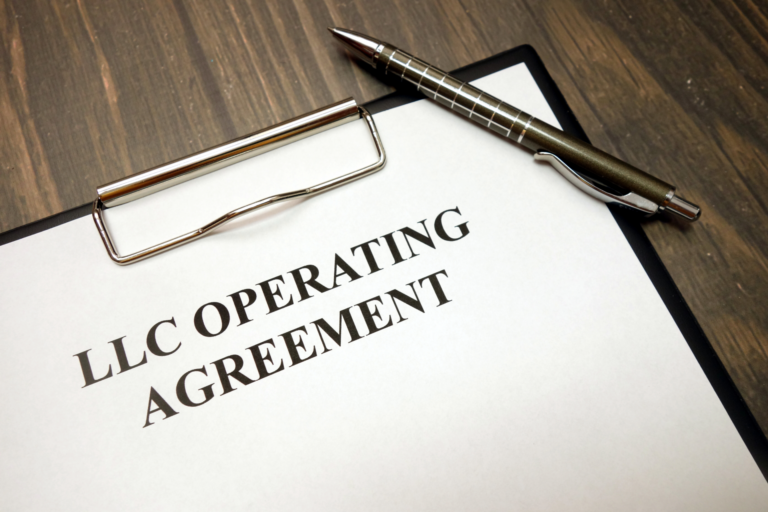No matter what type of business you have, maintaining a competitive edge is always a key to success. This means taking steps to ensure that your branding is unique to your business and that your rivals can’t take credit for your ideas or claim your product as their own.
Fortunately, there are legal means to safeguard your business interests. One of these is the effective use of intellectual property.
Defining intellectual property for business owners and entrepreneurs
In order to understand how to use intellectual property to safeguard your business interests, you must know what it is.
Intellectual property is legally defined as “a property right that can be protected under federal and state law, including copyrightable works, ideas, discoveries, and inventions.” In the United States, these property rights are best known as patents, copyrights, trademarks and trade secrets.
What is a patent?
The legal definition of a patent is “a limited legal monopoly” that gives a specific person or business the right to “make, use, and sell its invention, and to exclude others from doing so.”
In order to get a patent for its invention, a business must submit an application in which it provides comprehensive information about the creation. Applications are only approved if the invention meets strict criteria. Specifically, it must be unique, functional and “non-obvious.”
Businesses and entrepreneurs typically seek patents for new machines, processes, chemical compositions or manufactured products. Patents are granted to the first business (or person) that comes up with the new idea, and are effective for 17 years.
A closer look at copyrights
A copyright provides legal protection to authors, lyricists, playwrights and others working in creative fields or information technology. It does so by preventing the unauthorized use of original material, but only if the copyright is registered. Without a registered copyright in place, anyone can duplicate the material for personal or commercial use.
The importance of trademarks
In an age where branding is essential, securing trademark protection is more important than ever. Why? A trademark safeguards the logos, symbols or words that identify your business and set it apart from the competition.
By law, your company’s logo, catch phrase, or any symbol used to identify the business only qualifies for trademark protection if it is used in commerce and if it is unlike any other. In order to receive the sole rights to a trademark, your company must be the first to use it in business.
Unlike copyright registration, trademark registration is not mandatory. In fact, unregistered trademarks are afforded protection under state and federal law. Common law rules also apply.
However, important benefits are derived from registering the logo, catch phrase, symbol or “mark” used to identify your business. One key advantage is that successful registration and use of the “mark” for a designated period makes it easier to prove wrongful use by someone else.
The importance of trade secrets
A trade secret is legally defined as “information, including a formula, pattern, compilation, program, device, method, technique, or process…” In order to qualify as a trade secret, the information must also have actual or perceived worth based on its secrecy, and “reasonable efforts” must be made to maintain its secrecy.
Such information is legally protected until it is made public. Acceptable disclosure occurs when someone discovers the secret on his or her own; when it is mistakenly revealed because of inadequate safeguards; or when someone learns it by taking a product apart.
On the other hand, acquisition and use of a trade secret is illegal if it was wrongfully obtained or if the acquisition resulted from a violation of confidence.
Contact a knowledgeable intellectual property lawyer to learn more about safeguarding your business interests
Understanding intellectual property is mandatory for anyone conducting business in the 21st century. Contact the team at Jurado & Associates, P.A to learn more about intellectual property and how it can be used to safeguard your business interests. We can be reached at (305) 921-0976 or by email at [email protected].






